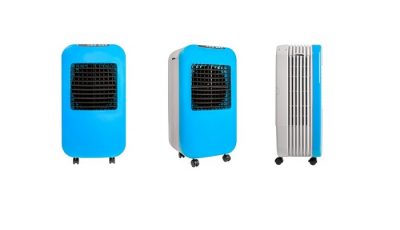7 Tips to Keep Your Home Cool in the Arizona Heat
Arizona’s summers are renowned for being blisteringly sunny and hot. The sun is up for more than half the day, and temperatures can reach the 100s during the summer. Although words can’t adequately convey it, summer in Arizona is a unique experience. And that is why we thought of providing summer heat-related advice to help you stay cool. That is, as cool as you can be in the summertime in Arizona. After all, because of the potential consequences, these summer heat tips are essential if you are unprepared for extreme weather. There are hazards associated with the summer months, including dehydration, heat exhaustion, heat cramps, and heat stroke. However, thanks to our advice, you can overcome the heat and reduce these hazards. So without further ado, here are some tips to keep your home cool in the Arizona heat.
Keep up with your AC maintenance
During the sweltering summer months, your air conditioner works harder than ever, so you must maintain it if you want it to run at its best. During the summer, you must clean or change the filters in central or room air conditioners at least once a month. Also, according to the U.S. Department of Energy, efficiency might decrease by as much as fifteen percent if your central air conditioning system’s ducts leak. Therefore, you should use weather stripping to ensure all door and window sill seals are tight. In addition, remember to keep the damper on your fireplace closed since flow reversal might cause heat to enter. By following these recommendations, your air conditioner will operate more efficiently and with less effort. And it will also help you save some money on your energy bills.
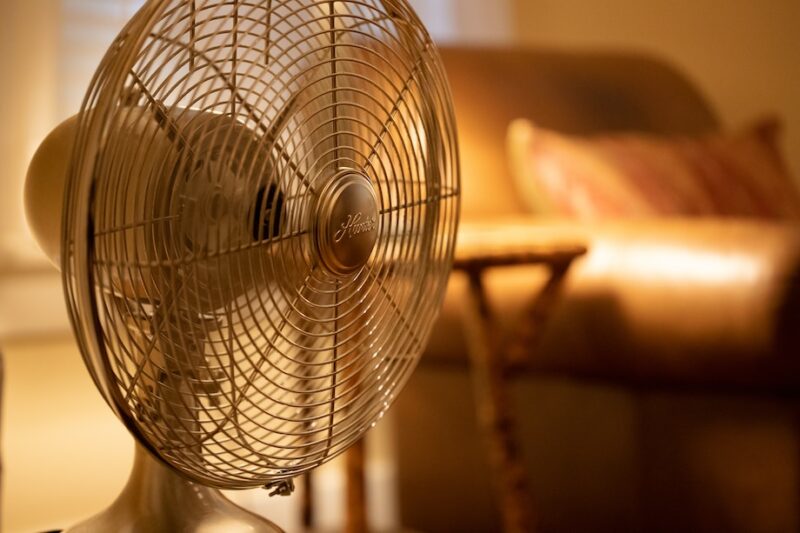
Use your thermostat correctly
Regarding thermostat settings, each person has their preferences. Thankfully, modern thermostats can adjust to your needs once you know what you want. Smart thermostats, for instance, may change HVAC output to maintain consistent indoor temperatures in the morning, afternoon, and nighttime. There are also presets to reduce energy use while you are away at work so you can come home to a perfect temperature.
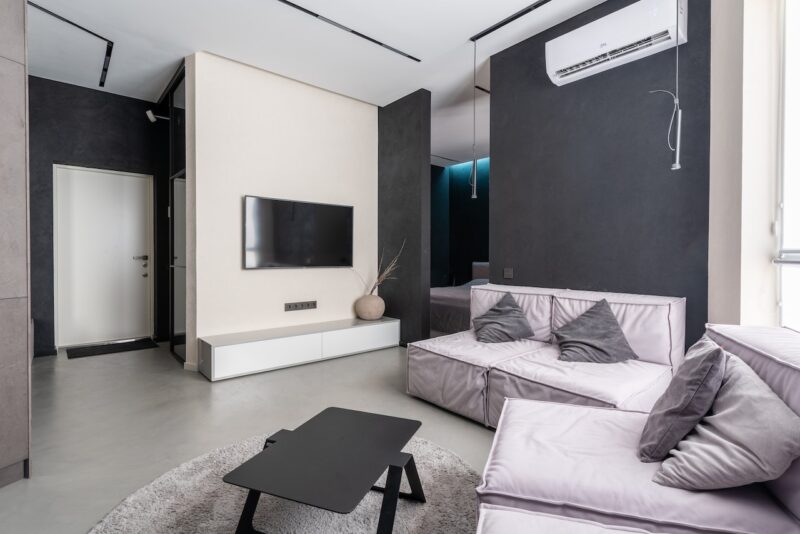
However, remember that energy use and additional cooling are closely related. The colder you want your home to be and how often your HVAC system must operate, the more power it consumes. Although it is theoretically possible to set your thermostat relatively low in Arizona, it is usually not recommended to go below seventy degrees. Therefore, see whether you feel comfortable with a temperature between 75 and 80 degrees. That may significantly lower your energy costs and lessen the strain on your air conditioner.
Dehumidifiers are your best friends
Frequently, the intense summer heat becomes highly uncomfortable because of high humidity. In addition, humidity may distort wood, encourage mildew growth, and aggravate allergies and asthma. Therefore, by removing moisture from the air, a dehumidifier dramatically improves the comfort of your home. However, the moisture a dehumidifier removes from the air must go somewhere, so keep that in mind. The dehumidifier’s reservoir will fill up with water, and you’ll need to drain it occasionally.
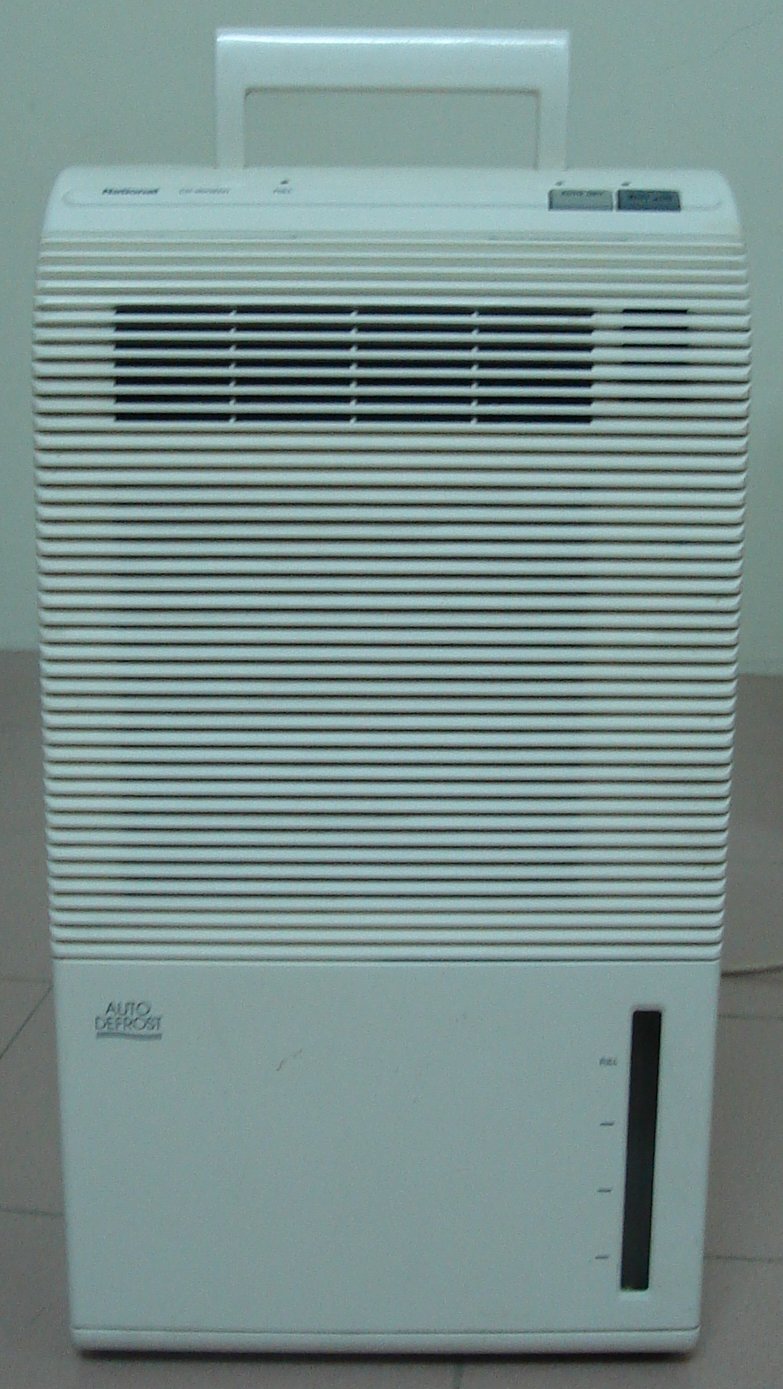
Vietnam~commonswiki, CC BY-SA 3.0, via Wikimedia Commons
Reduce the use of appliances
You might be shocked to know how much heat washing machines, stoves, and dishwashers can generate. Therefore, you might want to limit your use of these appliances during the hottest parts of the day. If you need to run a load of laundry or wash a batch of dishes, try to do it at night or in the late evening.
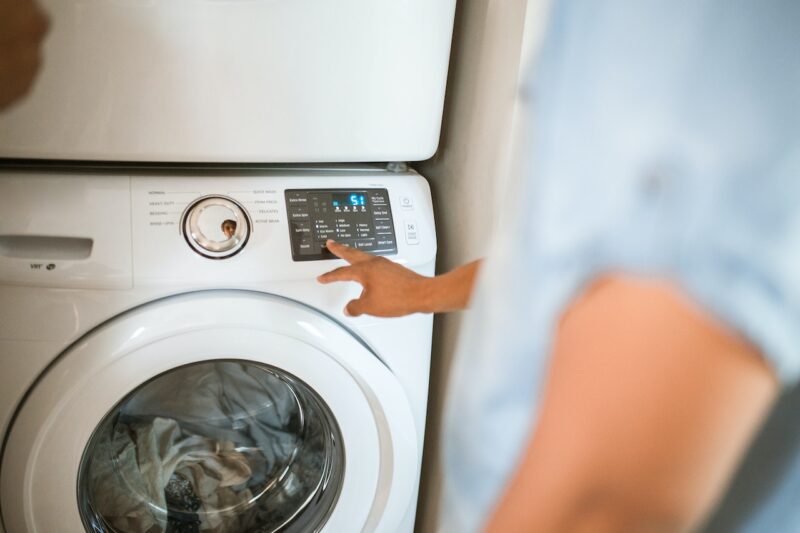
Furthermore, ensuring your dishwasher is full before you start a washing cycle can help you decrease how often you use this heat-generating equipment. In the same way, wait to do your laundry until you have a whole load of clothes to wash. In addition to helping cool your house throughout the summer, this will also help you save money.
Don’t overlook the exterior
Your house’s exterior can also help you keep your home cool in the Arizona heat. Therefore, the first thing you should do is plant some trees. Species like arborvitae and majestic cypress can grow in almost any climate. To avoid roots from creating fractures in your home’s foundation and to stop storm-related tree crashes, plant them at least twenty feet away from the base of your home. Moreover, fencing may provide significant shade, especially for lower-level windows. Look for materials like stone, which often don’t need regular upkeep. If you decide to use wood, use wood as cedar treated with natural oils to ward off pests and prevent moisture from distorting the wood. After that, apply a thin layer of protection periodically. These exterior home upgrades will help keep your home cool and boost curb appeal.
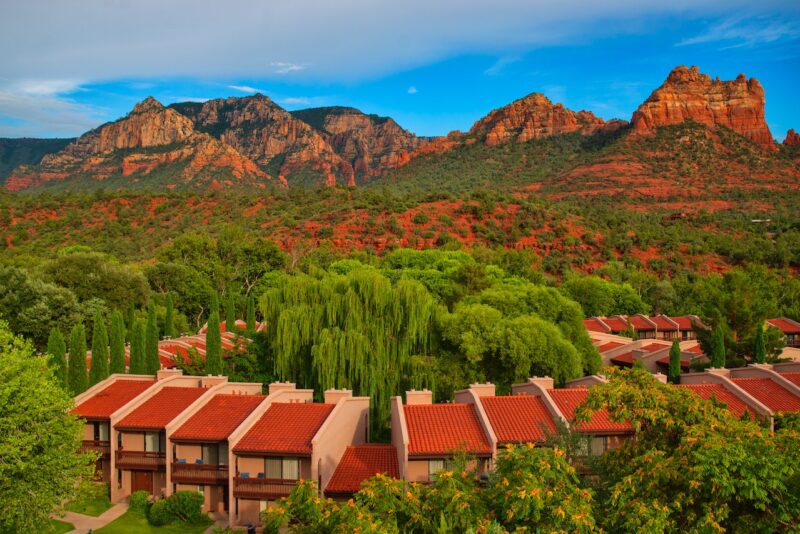
Cool yourself to feel better in your home
The simplest method to cool down is to concentrate on cooling off—not your house, but yourself. You can use simple techniques such as consuming anything cold or with ice, wrapping your neck in a cold, moist cloth, and wearing light clothes. You can also take a cold shower, turn on your fan, or spritz yourself with water. In addition, remember to eat light food and avoid fatty meals. Stay hydrated at all times, and don’t wait to get thirsty. That is a sign that you are already dehydrated.

At the same time, if you need to relocate from Florida to Arizona, for example, during a hot period, ensure you have a safe transfer between states by hiring expert movers to help you. They can handle the hard work while you can focus on staying cool and well-hydrated.
Keep the heat from entering your home
The heat enters your home together with the sunshine. Therefore, to minimize the heat in your home by up to thirty percent and to cool it down by up to 20 degrees, roll your blinds down and keep your curtains and shades closed. That is particularly useful if you have windows with a west or south-facing orientation. These windows let in the most heat and light.
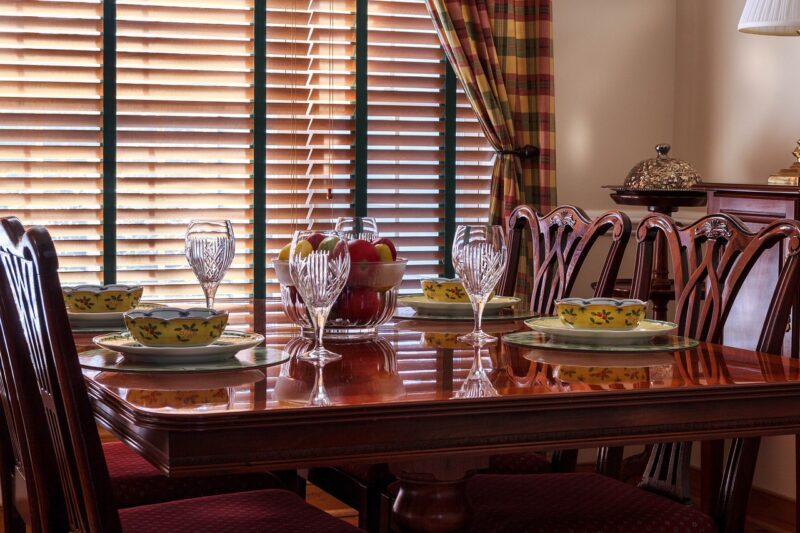
Conclusion
There are many ways to cool down your house during hot days. However, you need some extra measures to keep your home cool in the Arizona heat. So write down our tips and use them to keep yourself and your home comfortable during heat waves.


